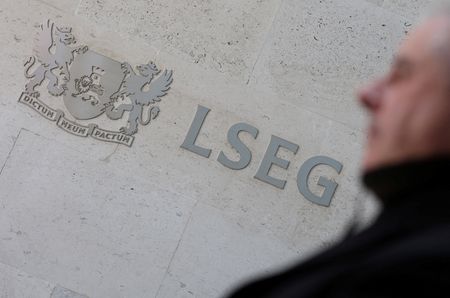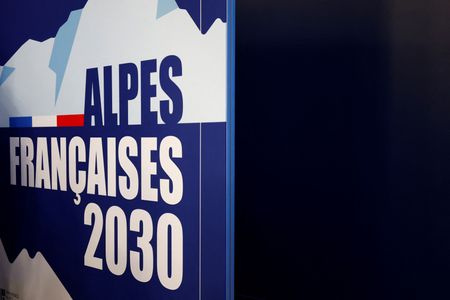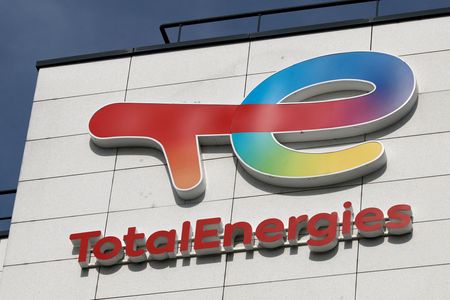(Reuters) -London’s FTSE 100 slipped for the fifth consecutive session on Wednesday with defence and financial stocks leading the downturn, while inflation data bolstered expectations for a December interest rate reduction.
The blue-chip index finished 0.5% lower as aerospace and defence stocks tumbled 2% to their lowest level in over two months. The sector’s decline followed indications of renewed U.S. efforts to resolve the Russia-Ukraine war, which broadly pressured European defence equities.
Defence giant BAE Systems led the decline, shedding 4.5%, while aero engine manufacturer Rolls-Royce and engineering firm Babcock International declined 0.6% and 3.4% respectively.
Despite Wednesday’s pullback, the sector gained 70% year-to-date, fuelled by the UK government’s enhanced military spending commitments this year.
On the economic front, inflation in Britain slowed down in October for the first time since May, offering relief to the government before next week’s annual budget and boosting the chance of a rate cut by the Bank of England.
Traders are pricing in about 86% odds of a quarter-point reduction in December, according to swap markets data.
“MPC officials will, of course, still be glued to the details of next week’s Autumn Budget, but assuming it’s as tax-heavy and unfriendly to growth as we expect, a December rate cut seems to be a fairly safe bet,” said Matthew Ryan, head of Market Strategy at global financial services firm Ebury.
Supporting this outlook, a Reuters poll showed a majority of economists now expect a rate cut in December and again early next year.
Banking stocks dropped 0.7%, falling for a fifth straight session.
On the flip side, precious metal miners gained 3% as gold prices rose over 1%. [GOL/]
The mid-cap FTSE 250 index ended little changed with Workspace Group falling 5.3% after the office provider reported a 4% decline in property valuations for the first half of 2025.
Among other movers, WH Smith gained 7.2% after the travel retailer said Carl Cowling had stepped down as CEO following an independent review, which revealed accounting failures in the U.S. operations.
Sage’s shares climbed 1.2% after the software company reported better-than-expected annual operating profit.
(Reporting by Utkarsh Tushar Hathi and Ragini Mathur; Additional reporting by Rashika Singh; Editing by Shreya Biswas and Ed Osmond)











